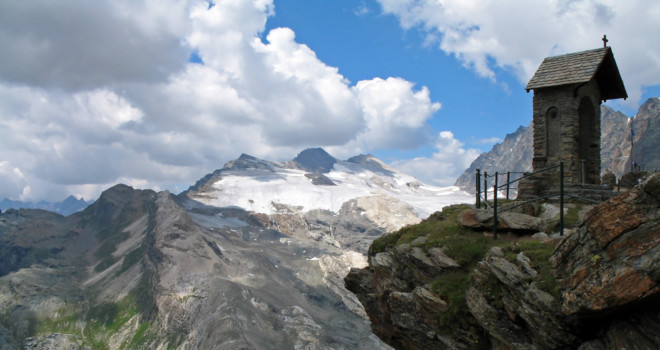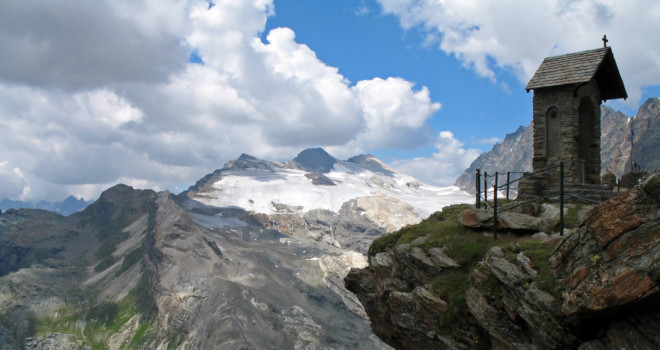Hear my voice, Lord, when I call;
have mercy on me and answer me.
“Come,” says my heart, “seek his face”;
your face, Lord, do I seek!
Do not hide your face from me;
do not repel your servant in anger.
You are my salvation; do not cast me off;
do not forsake me, God my savior!
Even if my father and mother forsake me,
the Lord will take me in.Lord, show me your way;
lead me on a level path
because of my enemies.
Do not abandon me to the desire of my foes;
malicious and lying witnesses have risen against me.
I believe I shall see the Lord’s goodness
in the land of the living.
Wait for the Lord, take courage;
be stouthearted, wait for the Lord!Psalm 27: 7 – 14
What happens to your prayer in desperate times? When you are depleted, sleep-deprived, burnt out? There was a time not long ago when I could muster nothing more than, “Please help me, Lord.” Literally nothing else came to mind. In previous years, I was able to construct eloquent words, strands of fragrant flowers presented to God. I was pleased with my efforts, and I thought God was, too.
At the time, I’m sure He was. But as I’ve entered midlife, I see now that the desperate prayer is the true conversation, because hope is not hope without desperation. G.K. Chesterton wrote, “As long as matters are really hopeful, hope is a mere flattery or platitude; it is only when everything is hopeless that hope begins to be a strength at all. Like all the Christian virtues, it is as unreasonable as it is indispensable.”
In Psalm 27, we learn that hoping and waiting are interchangeable. In fact, some translations replace one word with the other. In verse 14, we might read in one version, “Wait for the Lord, take courage,” or in another, “Hope in the Lord, take courage.” It seems that hope isn’t real when all is well. It’s only deepened through trials that test whether we still carry a torch – or even an ember – of light inside to keep us moving forward toward The Light of the World.
Perhaps that is why the metaphor of light for Jesus is so powerful to those of us who are discouraged and near despair. Perhaps, too, that is why Psalm 27 is such an encouraging one. There were times in the past few years, when I was in the thick of severe postpartum depression, that even reading such hopeful words as these did not make an impact on my thoughts or emotions.
Hope, then, is showing up and outstretching our arms to God, especially when we cannot muster a reason to believe that life will improve. It is the virtue of hope that sustains us, that maintains our firm belief that “I believe I will see the Lord’s goodness in the land of the living.” This is not a saccharine or superficial sentiment, but a certain knowing that supersedes what is apparent to the eye or ear.
I read this line again recently, because I’d revisited Psalm 27 frequently when I was feeling swallowed by the darkness of depression. Suddenly, I realized that the Psalmist’s confidence was that he knew God would reveal His goodness and mercy to His people while they were still on earth, not only after they died. That is an incredible, even radical, confidence.
Again, Chesterton wrote of hope: “Exactly at the instant when hope ceases to be reasonable it begins to be useful.” Hope is not searching for or relying upon signs and signals from heaven, as if we expect God to operate in our lives through them. It is not saying, “See? I saw a rose, so I know I’m going to get what I prayed for!” It’s also not saying, “God is so good, because I got what I prayed for!”
God is always good, whether or not the outcome of our prayers is what we desire or expect. In my own darkest days, I had nothing to look forward to. Nothing made sense. Everything was bleak, and I could not see a way beyond it.
In a strange paradox, it was during this period of my life when I realized that hope was what carried me through it all. Not happiness. Not cliches. Not signs. Not smiles or comfort. Just pure hope – in heaven, mostly.
My hope has become useful in the sense that it has kept me alive, kept me looking toward the “something greater” and “something more” that I know God has in store for me, for us all. Could it be that my hope is in heaven alone? Yes. But it is also that I know I will see good things happen during my lifetime. I don’t have to know what they are in order to know that, when I wait for God, His timing draws me through the tension, the dread, of that long pause or hiatus.
Hope pushes a soul to its extreme limits, to the precipice of despair. It’s a frightening experience to confront one’s terrible darkness, but a greater one to discover the invisible grace that protected it all along.












